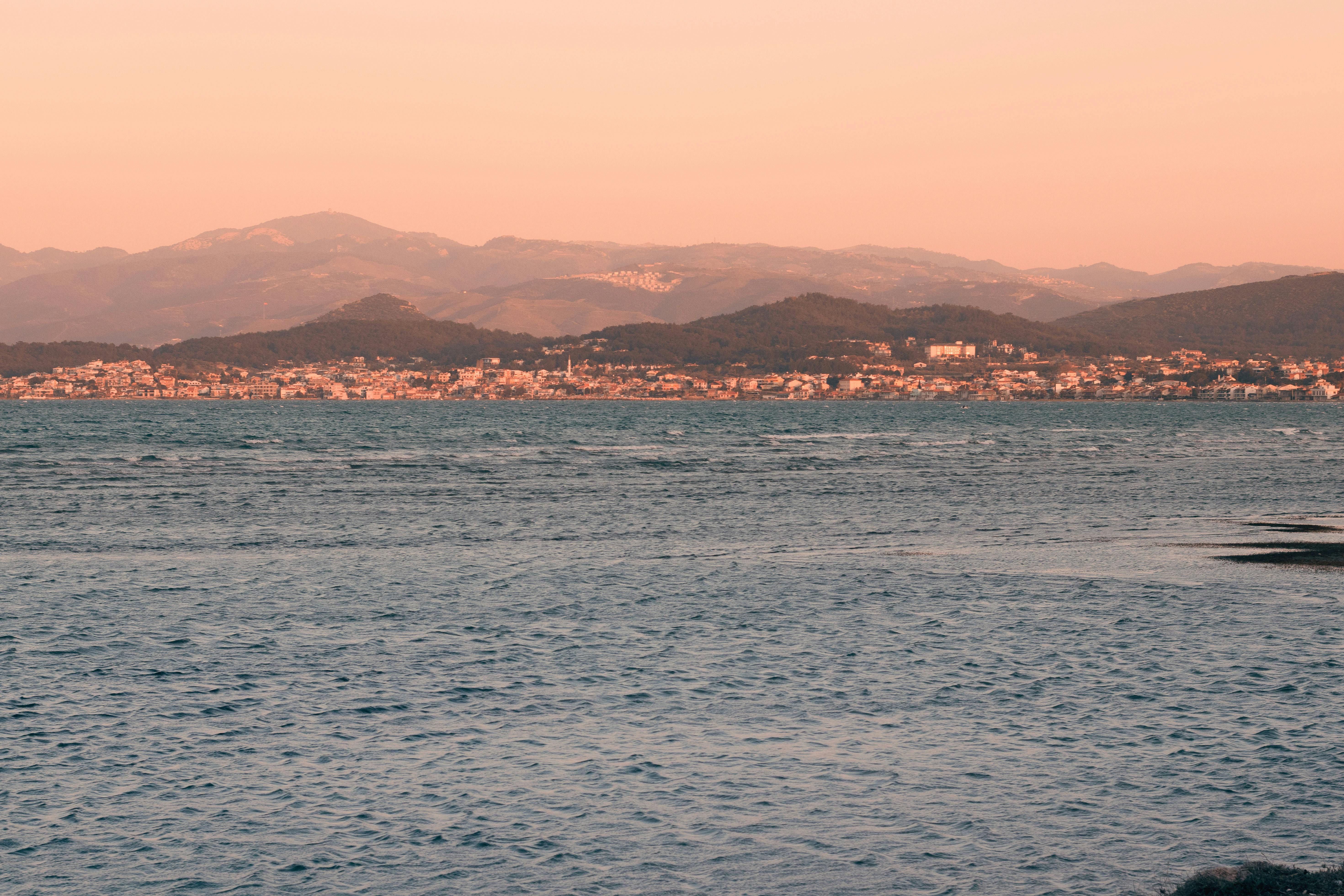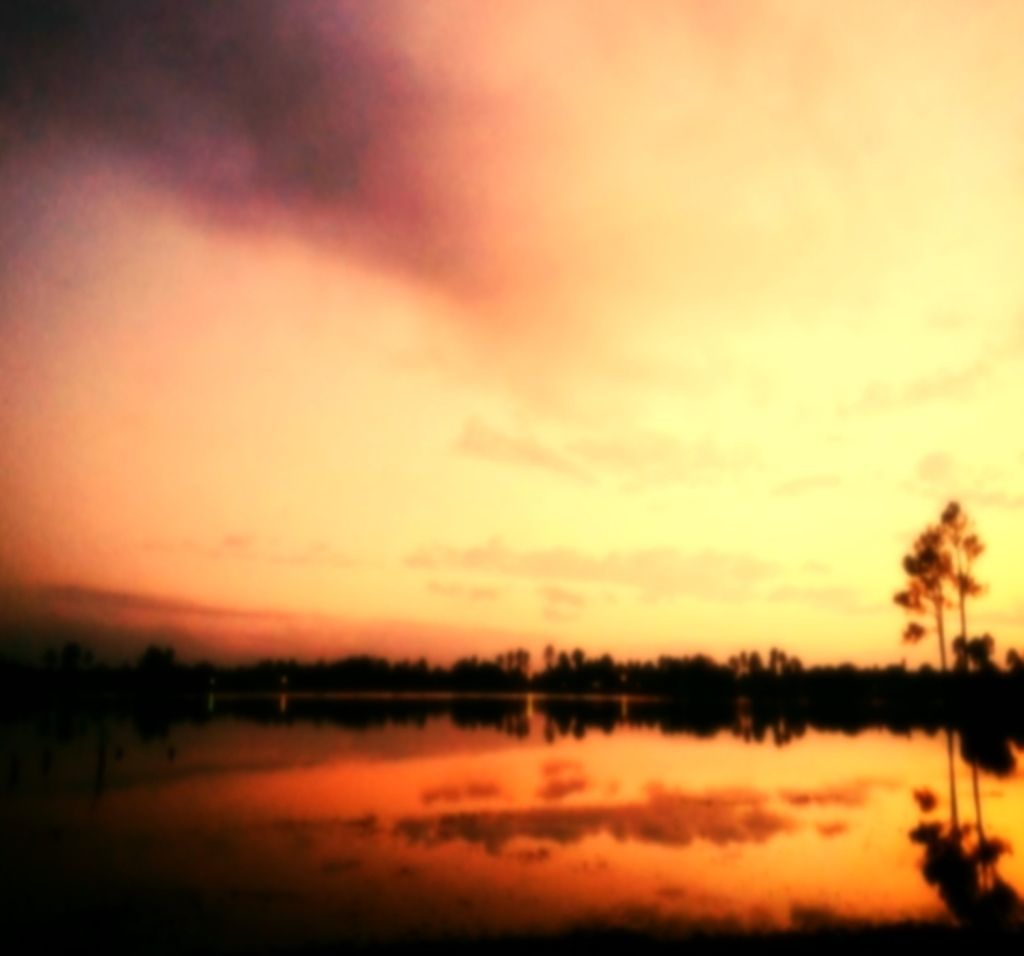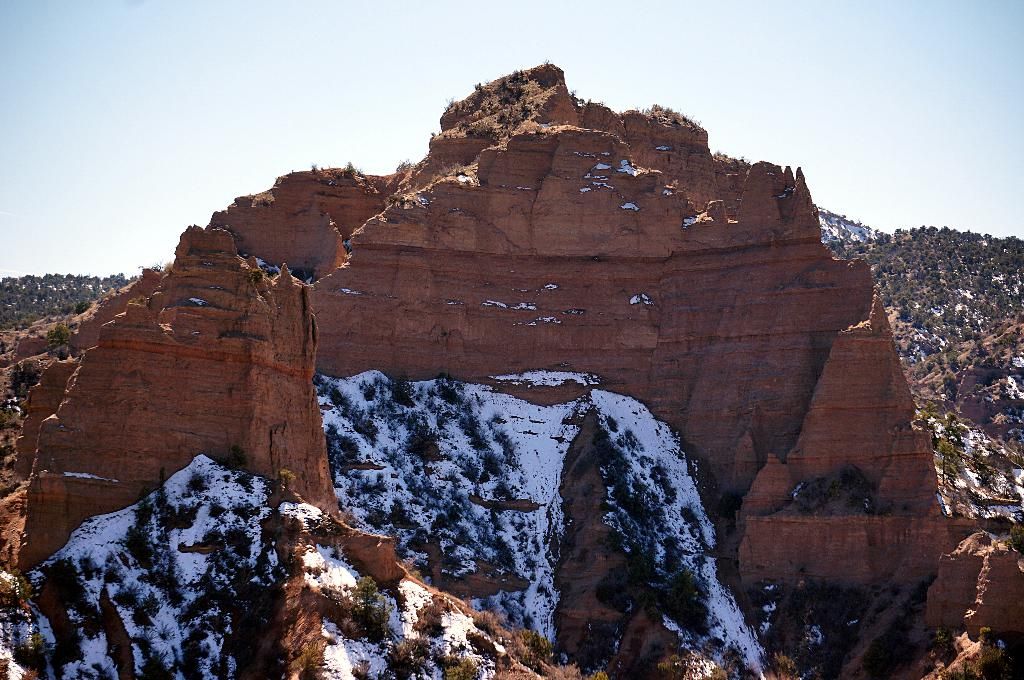Tightening Grip on Culture: Erdoğan's AKP Government and Its Impact on Turkey's Arts Scene
Turkish-known rap artist LVbel C5 detained by authorities
In a shift away from Turkey's secular roots, the ruling Justice and Development Party (AKP) under President Recep Tayyip Erdoğan has aggressively remodeled the country's cultural landscape. This transformation, spearheaded by the AKP since gaining power in 2003, has favored religious and national identity, often at the expense of artistic freedom and pluralism.
Key Actions and Trends:
- Cultural Hegemony: Aiming to establish its own cultural dominance, the AKP government promotes values and symbols that align with its conservative, religious-nationalist agenda, reshaping public spaces, education, and art based on its ideology [1].
- Censorship and Oppression: Artists and culture enthusiasts have experienced increased pressure, censorship, and even prosecution for expressing political opinions criticizing the government [1].
- Kurdish Cultural Rights: Initially showing a willingness to grant greater cultural rights to the Kurdish minority, the government eventually backtracked and started implementing stringent restrictions, limiting Kurdish cultural expression and at times attempting to co-opt or erase Kurdish symbols [2][5].
The Impact on the Arts Scene:
- Self-Censorship and Fear: The arts community has come under heightened political scrutiny, leading to self-censorship and a culture of fear. Prominent cultural figures have faced detainment, with creative protests often stifled [1].
- Erosion of Diversity: Multicultural and minority expressions, particularly Kurdish arts, have been marginalized or suppressed [2][5].
- Shift in Public Discourse: The focus of public art and cultural narratives increasingly prioritizes religious and national unity, sometimes at the cost of free expression [3][5].
Analysis Table: Cultural Policies and Their Effects on the Arts Scene
| Policy Realm | AKP Approach | Impact on Arts Scene ||------------------------------|-----------------------|-----------------------------|| Cultural Hegemony | Advocating conservative, religious-nationalist values | Narrowing of public discourse, suppression of alternative voices || Censorship | Crackdown on dissent, arrests of artists | Self-censorship, fear, persecution of critics || Kurdish Cultural Rights | Initial openness, then reversal and repression | Marginalization of Kurdish arts, suppression of minority voices || Religious/Nationalist Rebranding | Emphasis on Islam and neo-Ottomanism | Shift toward religious and nationalist themes in public art |
Conclusion
Under Erdoğan's AKP regime, Turkey's cultural policies have become increasingly sympathetic to the government's ideological aims, leading to restrictions on artistic freedom, the marginalization of minority voices, and a pervasive environment of self-censorship and fear in the arts scene [1][5]. The shift away from pluralism and secularism has significant consequences for the richness and vibrancy of Turkish cultural life.
[1] Al-Jazeera. (2015, December 12). Unsettled empire: Turkey's dramatic shift to the right. Al Jazeera. https://www.aljazeera.com/indepth/opinion/unsettled-empire-turkeys-dramatic-shift-right-151211111657223.html
[2] Laïdi, Z., & Frémeaux, Y. (2012). The Kurdish Question and the Struggle for Democracy in Turkey. Middle East Report, 266, 9-14. https://merip.org/mer/mer266/kurdish-question-and-struggle-democracy-turkey
[3] BBC News. (2017, August 6). Why Turkey's AK Party branding itself as a neo-Ottoman state. BBC News. https://www.bbc.com/news/world-europe-40877247
[4] Human Rights Watch. (2019, February 14). Turkey: New Evidence Victims of Post-Coup Torture. Human Rights Watch. https://www.hrw.org/news/2019/02/14/turkey-new-evidence-victims-post-coup-torture
[5] Amnesty International. (2020, December 10). Turkey: Unlawful detentions and torture in post-coup crackdown. Amnesty International. https://www.amnesty.org/en/latest/news/2020/12/turkey-unlawful-arrests-ill-treatment-and-torture-in-post-coup-crackdown/
- The Turkish government, under the AKP, has sent a clear message to the entertainment industry, with famous displays often prioritizing religious and national unity over free expression, following the cultural hegemony trend.
- As a result of the censorship and oppression by the AKP, many music artists and general-news journalists have sent entreaties for reconsideration of restrictive cultural policies, fearful of crime-and-justice repercussions.
- In keeping with the erosion of diversity witnessed in Turkey's arts scene, the traditional Kurdish dance, which is a vital part of entertainment, has experienced censorship and marginalization.
- As self-censorship and fear permeate the Turkish arts community, there is a general sense of the suppression of entertainment that contradicts or questions the AKP's conservative, religious-nationalist agenda.
- The Turkish government's handling of Kurdish cultural rights reflects its broader approach towards censorship and oppression in art and media, with crime-and-justice consequences for those who dare to challenge or express themselves against the grain.








